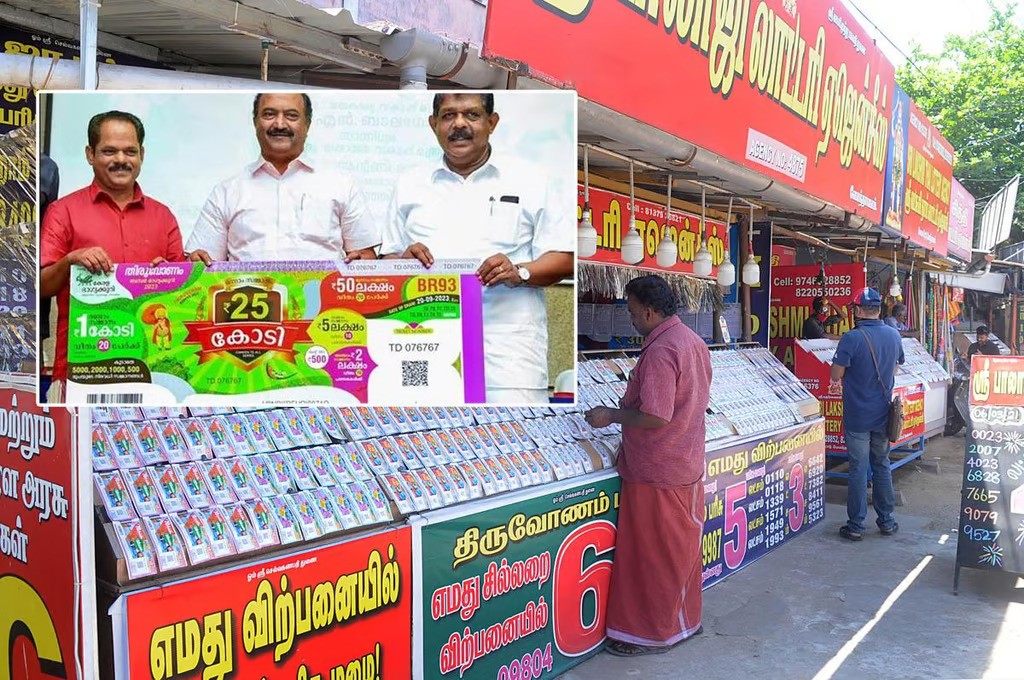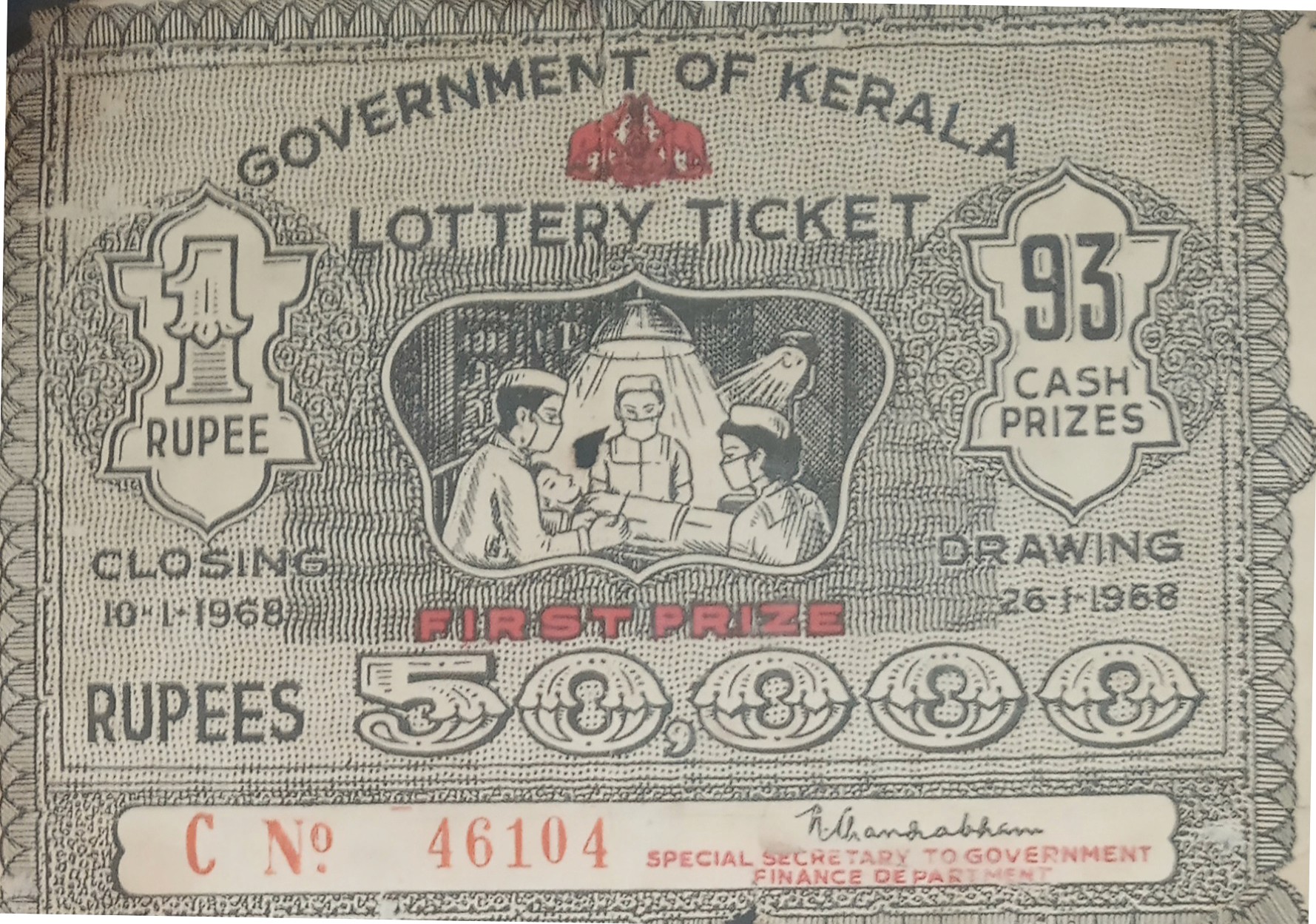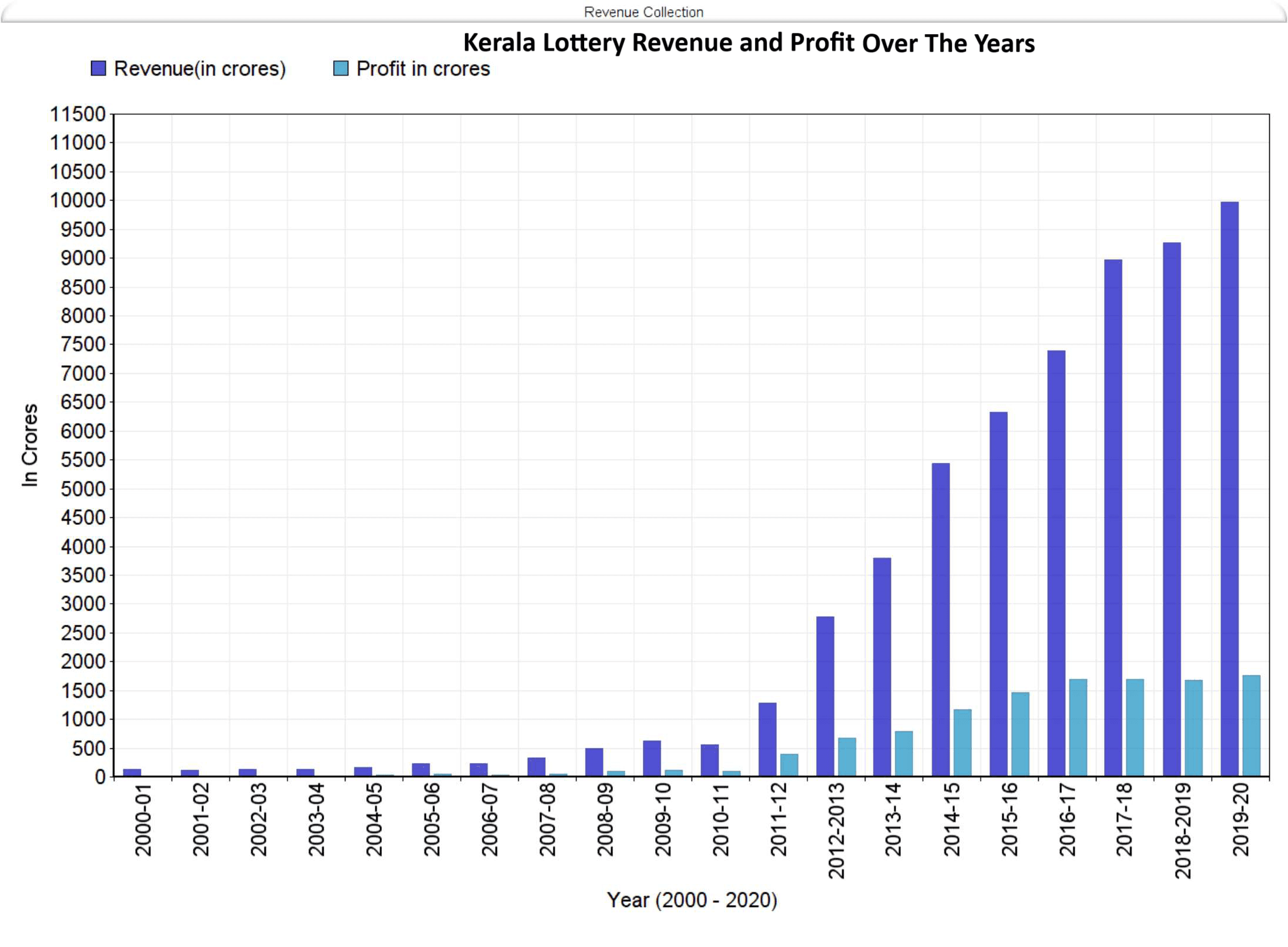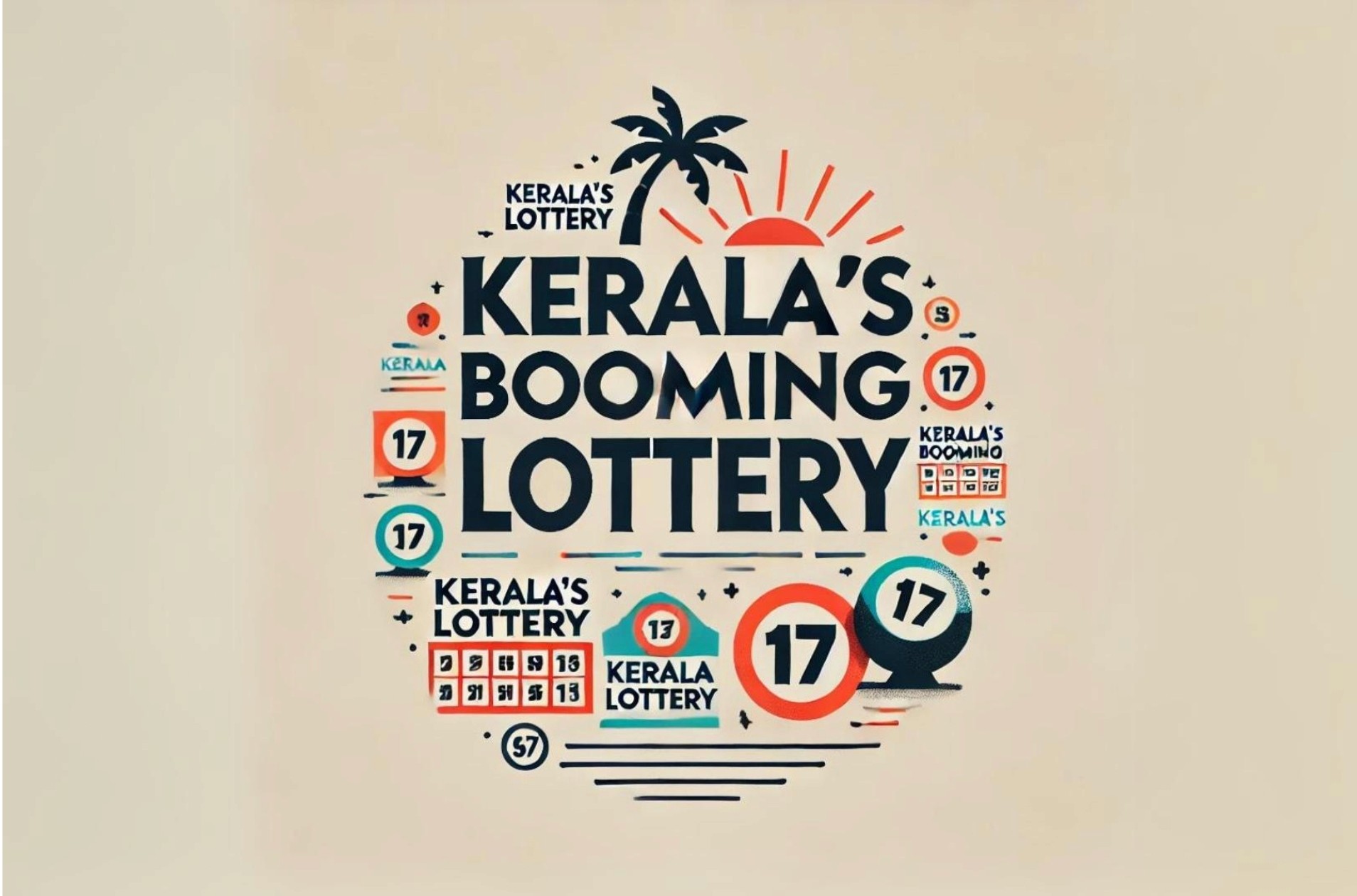Kerala's Blooming Lottery
Nov 7, 2024
Kerala’s lottery business has sanctified an infamous gambling with the touch of the state government. One out of three people in the State of 35 million people try their luck every day. A literate state's major revenue source cannot be closed to save the people from gambling.
In Kerala, wherever you travel, you can see a lottery ticket stall. The ‘luck sellers’ are present in all mass transit modes. The luck-sellers are poor, and with no big investment, one can become a sub-agent of the mass-selling gambling instrument. Of course, it provides a lot of self-employments for poor people, especially handicapped and unhealthy individuals. However, there are also many common people working as lottery agents, as it is an attractive job with flexible timing and little investment. Often the seller of the luck becomes lucky if a ticket sold by him hits the prize. He gets a decent commission.

How has Kerala become a lottery hotspot, a money-making practice through an unproductive business? When state-sponsored gambling becomes legal, if common people do it, it is illegal. Every illegal activity can be legalized if there are participants from the government. Keralites are gradually becoming lazy; they do not want to do anything by themselves. Earlier, Keralites were hard workers. Later there was a culture shift from being farmers to consumers. Keralites wish to do only white-collar jobs and are keen to work under foreigners. They can shift to any other country happily with no progress in life. This same culture has promoted an increase in lottery selling in the state. Nine to 10 million lotteries are sold daily in Kerala. Sales reached a peak point during the COVID-19 pandemic, when the count crossed 11 million tickets a day even though the total population of Kerala is less than 35 million. That means every one out of three bets their money into this gambling instrument. The Kerala state lotteries were established in 1967 under the lottery department by the Kerala government, as the first in India. The first lottery prize was Re 1, and the prize money was Rs 50,000.

The number of lottery takers showed the natives became lazy and COVID-19 rekindled their laziness further. Lottery business has been one of the highest revenue-generating sources for the Kerala government. In 2022-23, lottery sales amounted to Rs 11,893 crores, accounting for 78.67 per cent of the state's non-tax revenue. The total state revenue was only Rs 87,086 crores. The natives believe in luck without doing anything. They invest money in any easy money-making plans and get trapped too often. The people are more literate, but literacy does not translate into productive outcomes. Their lifestyle has changed drastically following huge NRI remittances. A few years ago, the state was a model for other states in India. Today Keralites follow the examples set by others.

The lottery system has existed since the beginning of human civilization. This system evolved from Egypt, and the practice of lottery became famous in England and America in 1569 and 1612. In India's ancient culture, the same system existed under a different name, and the Kurukshetra War started in the name of a jackpot. When Kauravas invited the Pandavas for a game of rummy, the game started the war. Eventually, the Pandavas lost everything, including their wife, Panchali. Therefore, seeking luck is not a healthy practice for any society.
Other than the lottery Kerala is also famous for liquor income with revenue reaching Rs 20,000 crores for the state, despite a population of only 35 million. Uttar Pradesh, by comparison, generates the highest revenue in India at Rs 31,000 crores with a population of 260 million. The significant difference compared to the population indicates how unhealthy the State is. Finally, the lottery business proves itself to be a trick to drag common people into a betting game. Some people spend more than 100 rupees a day on lottery tickets, and out of the 11 million ticket buyers, only one wins the prize. The person who wins the lottery rarely becomes rich, as government taxes absorb a significant portion. The rest often goes into the winner's prodigality and short-term generosity. It is common for lottery winners to abscond from society because they are not in a position to handle sudden wealth. Lottery is not a consumer-demanding business. The government cannot control the business or discourage people from betting on gambling since it is the biggest income generator for the state exchequer.

SAJIKUMAR
Share
Comments
